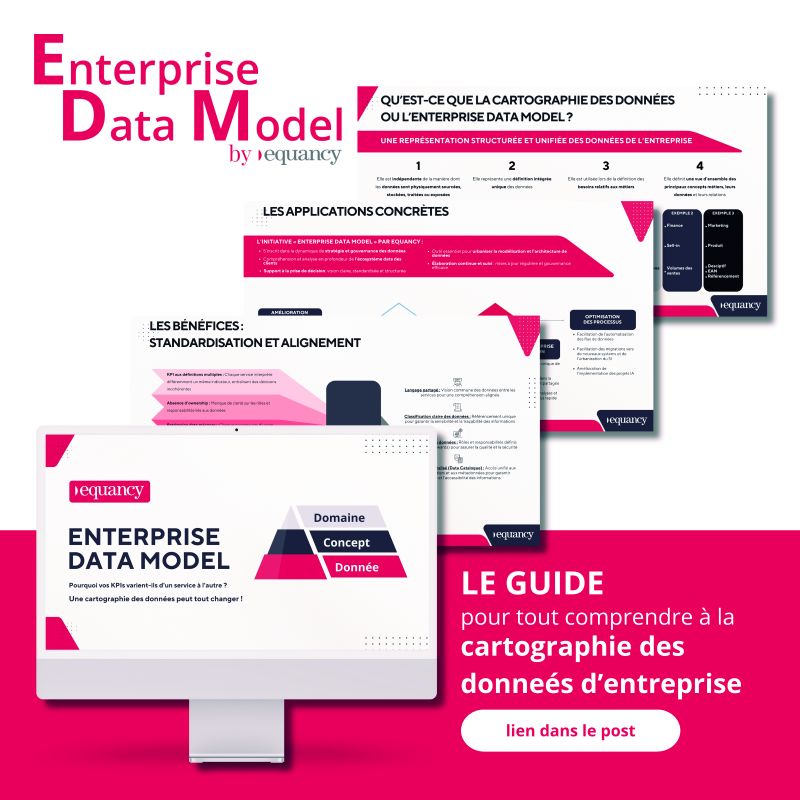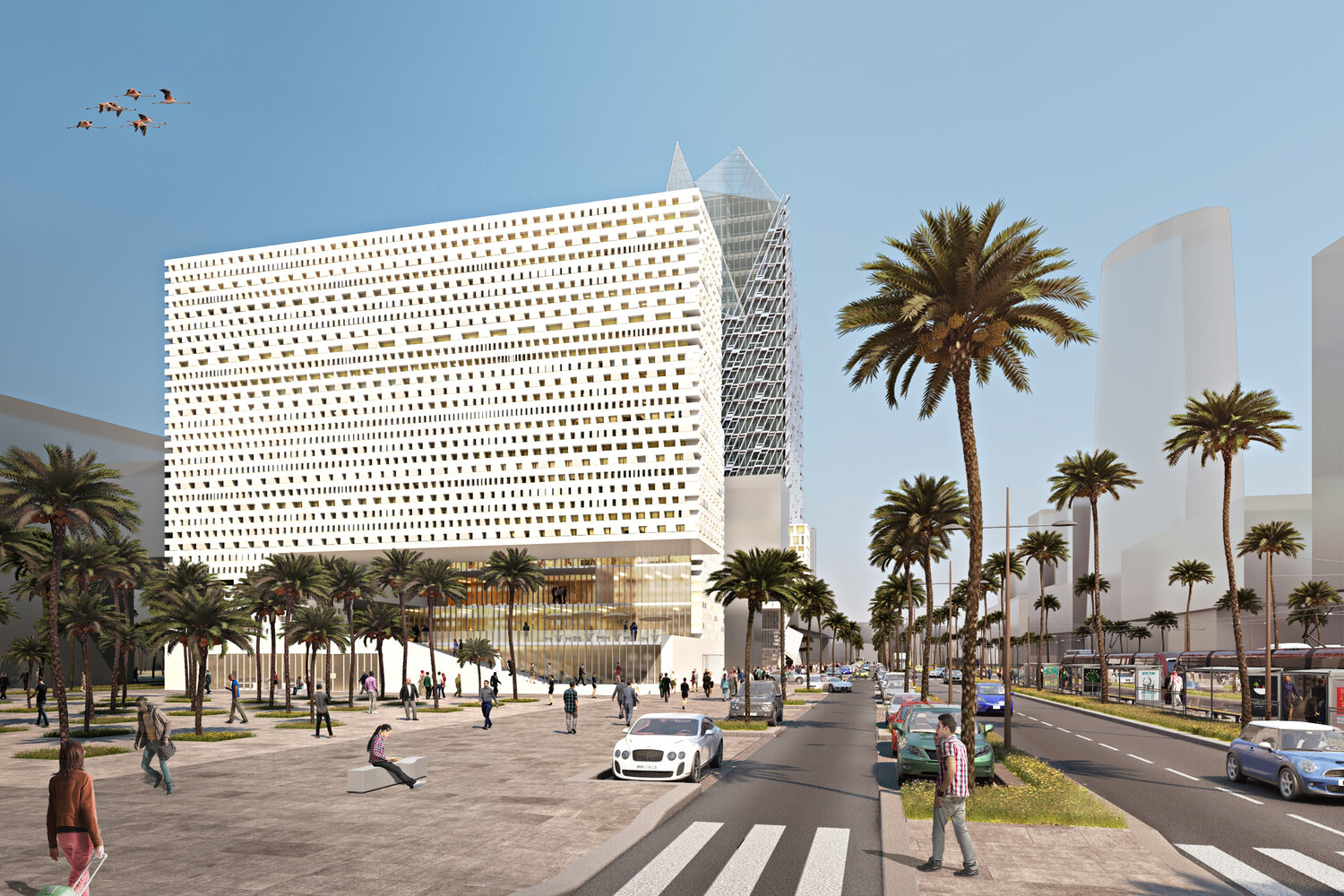Loyalty programmes & CSR: how can we resolve the paradox of encouraging consumers to return to consumption with greater sobriety?
By Bertrand Destailleur, Partner in charge of Customer Experience, and Apolline Jubin Senior Consultant, Equancy
In October 2023, an IFOP* study revealed that over the course of a year, the French accumulate an average of 5 memberships in loyalty programmes. While financial rewards (discounts, free items) remain the main motivation for joining, more and more consumers are making their loyalty to a brand conditional on the CSR actions it takes. In fact, 6 months later, a study carried out by the CCI* shows that 74% of French people would recommend a company committed to CSR, and 68% would consume more of its products or services.
Through their loyalty programmes, many brands are seeking to meet their customers' expectations in terms of responsible consumption. But reconciling CSR and encouraging consumption is something of a paradox.
Pourtant plusieurs programmes illustrent la volonté de résoudre ce paradoxe. Leurs exemples révèlent que les marques évoluent, innovent, se mettent à se saisir du sujet à bras le corps. Et ce via 3 types d’approches, graduelles, à même de concilier fidélisation client et impact positif.
1°/ 1st stage: Beyond traditional rewards, loyalty programmes that encourage giving and social commitment
In some cases, points-based loyalty programmes are being transformed to include impact donation options.
Yves Rocher, for example, allows its customers to convert their points into planted trees through its foundation's ‘Plant for Life’ initiative. This system goes beyond simply building loyalty by offering customers the opportunity to make a tangible contribution to reforestation.
By integrating these initiatives, loyalty programmes go beyond traditional rewards: they offer customers the opportunity to support social and environmental actions. This freedom of choice, offered by the brand to its customers, establishes a more balanced relationship, based on both rewards and the sharing of social and common values.
2°/ 2nd stage: Encouraging responsible behaviour through incentives in the relationship programme
Other companies are taking an even more committed approach, encouraging their customers to take responsibility for their own behaviour on a daily basis.
ENGIE offers an incentive model through its ‘Mon Programme pour Agir’ programme. Customers earn ‘KiloActs’ for every effort they make to reduce their energy consumption. These points can be used to finance ecological projects or exchanged for sustainable equipment, such as water savers or connected sockets, thus contributing to more responsible consumption and reducing individual carbon footprints.
This approach brings brand strategy to life in the eyes and hearts of customers. By giving customers the levers to act, the loyalty programme becomes a powerful vehicle for communicating and putting the company's vision into practice.
3°/ 3rd stage: Developing new service-based business models to win customer loyalty
In addition to encouraging responsible behaviour in their loyalty programmes, some companies are going further by rethinking their sustainable services model, thereby creating a customer relationship that goes beyond simple loyalty to form part of a sustainable transformation and long-term customer commitment. In this case, the programme is no longer so much about ‘building loyalty’ among its members through rewards that are graduated according to the volume of purchases, but about providing its members with the resources, services or actions that will enable them to ‘commit’ - alongside the brand - to a cause that transcends and unites them.
The Fnac Darty group, by diversifying its offerings beyond the simple sale of products, is focusing on value-added services, which not only build customer loyalty by keeping them within the group's ecosystem, but also align with expectations for sustainable consumption. This evolution of the Group's business model is a pragmatic response to environmental challenges and illustrates a move towards a committed, long-term customer relationship.
For example, the Darty Max repair service combines a sustainable vision of consumption with the practical needs of consumers. By subscription, Darty customers can maintain and repair their household appliances as often as necessary, as long as they are repairable and spare parts are available. In the words of the Group, the aim is to ‘enable Fnac Darty to be, on a day-to-day basis and over the long term, the essential ally for consumers to support them in sustainable consumption and in their everyday household practices’*. In a context where programmed obsolescence is increasingly decried, this programme meets a dual objective: to minimise the ecological impact of customers while ensuring their loyalty through a useful long-term service. In 2021, Vincent Gufflet, Director of Services and Operations at Fnac Darty, summed up the strategy as follows: ‘We are strengthening our commitment to extending the life of products, while at the same time fortifying a relationship of trust with our customers by supporting them in a sustainable approach to repairing their appliances’*.
Another interesting case is that of Intersport, which has chosen to adopt a responsible model by offering short-term hire of sports equipment. Rather than encouraging the purchase of products that consumers will only use a few times a year, Intersport offers the possibility of renting skis and bicycles. In addition, the rental model provides flexibility, as the brand offers its loyalty programme members discounts ranging from 5% to 15% on ski hire. This model encourages ongoing loyalty, transforming a one-off purchase into a long-term relationship, while reducing the environmental impact associated with the production and purchase of new equipment.
Conclusion
The aim of these initiatives is twofold: to integrate CSR into loyalty programmes while transforming them into effective levers for action. These programmes are no longer limited to simply rewarding purchases; they become tools for reinforcing the impact of the brand's responsible initiatives AND engaging consumers in sustainable actions, thereby building a more natural loyalty based on a corpus of shared values and initiatives.
Ultimately, this development could go even further. One, designing programmes that reward responsible choices more generously; the reward threshold granted by the brand being more generous for eco-citizen actions than for simple transactions. Two, to link programme members directly to environmental and social projects carefully selected by the brand; by enabling its customers to take part in eco-citizen actions, the programme becomes a curator-pedagogue that facilitates the transition to action for its members and enables them to take action for more virtuous consumption and a more sustainable planet.
This transformation illustrates the gradual alignment of the programmes with customer expectations and the need for a gradual increase in CSR: firstly, to allow points to be used to support causes, then to encourage responsible behaviour, and finally to reinvent its economic model, to make it easier for customer-members to take action towards more responsible consumption, aligned with shared values and ultimately... more sober.
Sources
IFOP Study: www.comarch.fr/livres-blancs/etude-ifop-loyalty-2023/
CCI Study: www.cci.fr/actualites/enquete-exclusive-cci-france-ce-que-les-francais-pensent-et-attendent-des-entreprises-en-2024
Launch of the new Darty Max formula: www.fnacdarty.com/wp-content/uploads/2021/06/CP_Lancement-nouvelles-formules-Darty-Max_vF-2.pdf
Bertrand Destailleur
Associate Customer Experience




